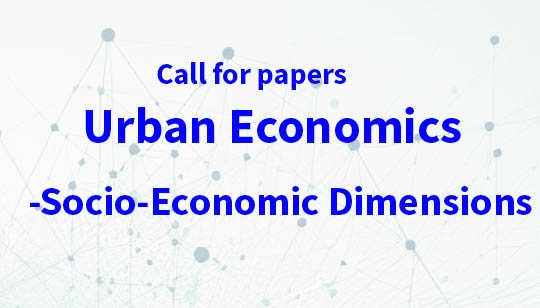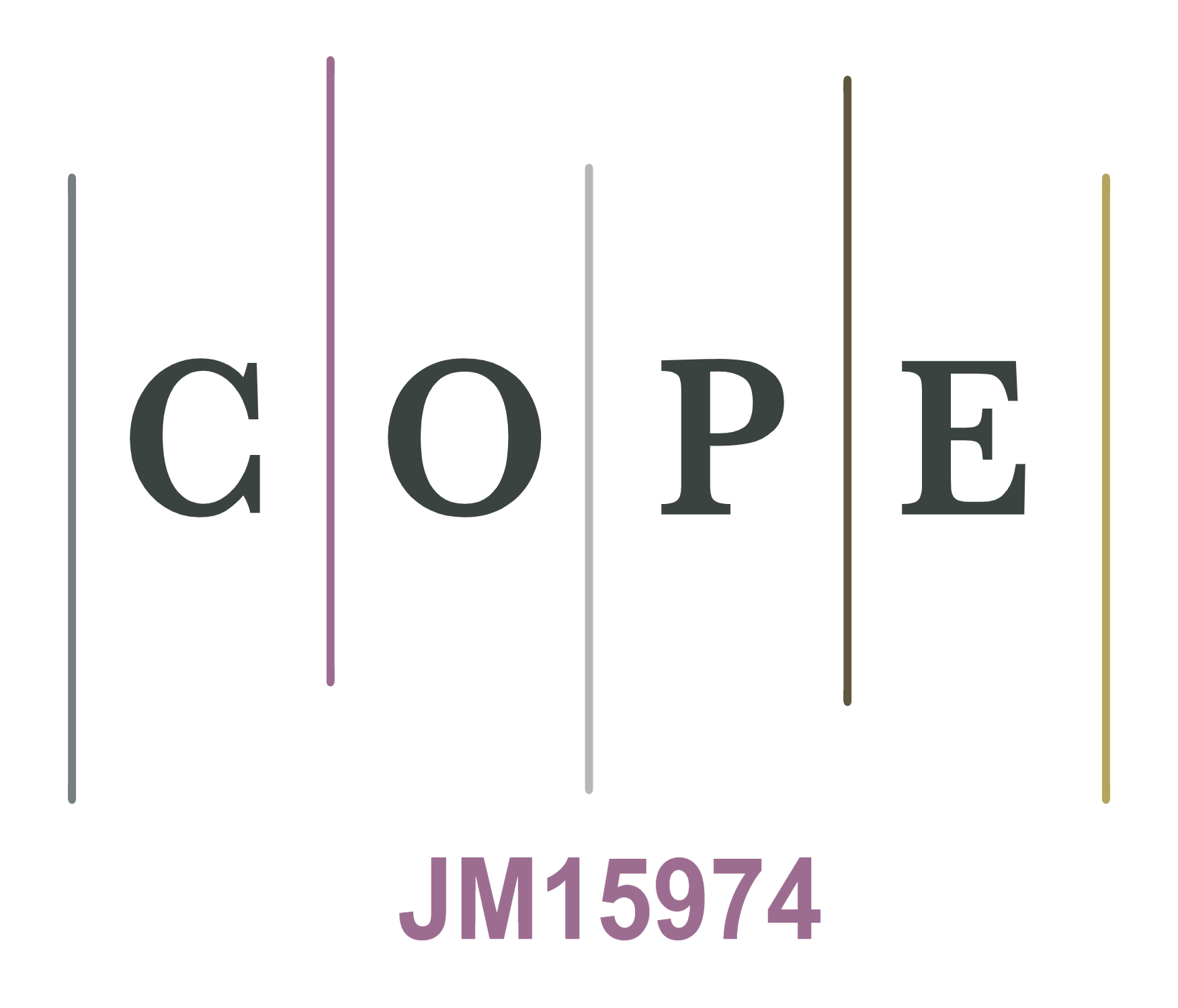Book Review: Smart City Citizenship
DOI:
https://doi.org/10.25034/ijcua.2021.v5n1-7Keywords:
Smart city, Data ecosystems, Digital rights, Social innovation, Networked Individualism, Penta helix, City-regions, Data infrastructures, Digital government, Algorithmic nations, COVID-19, Pandemic citizenship, Liquid citizenship, Data donationAbstract
Against the backdrop of the current hyperconnected and highly virialised post-COVID-19 societies, we, ‘pandemic citizens’, wherever we are located now, have already become tiny chips inside an algorithmic giant system that nobody really understands. Furthermore, over the last decade, the increasing propagation of sensors and data collections machines and data collections machines in the so-called Smart Cities by both the public and the private sector has created democratic challenges around AI, surveillance capitalism, and protecting citizens’ digital rights to privacy and ownership. Consequently, the demise of democracy is clearly already one of the biggest policy challenges of our time, and the undermining of citizens’ digital rights is part of this issue, particularly when many ‘pandemic citizens’ will likely be unemployed during the COVID-19 crisis. Amidst the AI-driven algorithmic disruption and surveillance capitalism, this book review sheds light on the way citizens take control of the Smart City, and not viceversa, by revolving around the new book entitled Smart City Citizenship recently published by Elsevier. The book review introduces nine key ideas including how to (1) deconstruct, (2) unplug, (3) decipher, (4) democratise, (5) replicate, (6) devolve, (7) commonise, (8) protect, and (9) reset Smart City Citizenship.
Downloads
References
Aho, B., & Duffield, R. (2020). Beyond surveillance capitalism: Privacy, regulation and big data in Europe and China. Economy and Society, 49(2), 187-212. https://doi.org/10.1080/03085147.2019.1690275
Bigo, D., Isin, E., & Ruppert, E. (2019). Data Politics. London: Routledge. https://doi.org/10.4324/9781315167305
Calzada, I. (2020a). Replicating Smart Cities: The City-to-City Learning Programme in the Replicate EC-H2020-SCC Project, Smart Cities, 3(3), 978-1003. https://doi.org/10.3390/smartcities3030049.
Calzada, I. (2020b). Platform and Data Co-operatives Amidst European Pandemic Citizenship, Sustainability, 12(20), 8309. https://doi.org/10.3390/su12208309.
Calzada, I. (2021). Smart City Citizenship. Cambridge, Massachusetts: Elsevier Science Publishing Co Inc. https://doi.org/10.1016/c2017-0-02973-7
Calzada, I., & Almirall, E. (2020). Data ecosystems for Protecting European Citizens’ Digital Rights. Transforming Government: People, Process and Policy, 14(2), 133-147. https://doi.org/10.1108/TG-03-2020-0047.
Craglia, M., Scholten, H., Micheli, M., Hradec, J., Calzada, I., Luitjens, S., Ponti, M., & Boter, J. (2021). Digitranscope: The governance of digitally-transformed society. EUR 30590 EN, Publications Office of the European Union: Luxembourg. https://doi.org/10.2760/503546
Dyer-Witheford, N., Kjosen, M., & Steinhoff, J. (2019). Inhuman power artificial intelligence and the future of capitalism. London: Pluto Press. https://doi.org/10.2307/j.ctvj4sxc6
Foundational Economy Collective (2020). What Comes after the Pandemic? A Ten-Point Platform for Foundational Renewal. Retrieved from https://foundationaleconomy.com
Hand, D. J. (2020). Dark Data: Why What You Don’t Know Matters. Princeton: Princeton University Press. https://doi.org/10.1515/9780691198859
Hintz, A., Dencik, L., & Wahl-Jorgensen, K. (2017). Digital citizenship and surveillance society. International Journal of Communications, 11, 731-739. Retrieved from http://ijoc.org/index.php/ijoc/article/view/5521
Kitchin, R. (2020). Civil liberties or public health, or civil liberties and public health? Using surveillance technologies to tackle the spread of COVID-19. Space and Polity, 1-20. https://doi.org/10.1080/13562576.2020.1770587
Kostka, G. (2019). China’s social credit systems and public opinion: Explaining high levels of approval. New Media & Society, 21(7), 1565-1593. https://doi.org/10.1177/1461444819826402
Loukissas, Y. A. (2019). All data are local: Thinking critically in a data-driven society. Massachusetts: MIT Press. https://doi.org/10.7551/mitpress/11543.001.0001
Lupton, D., & Michael, M. (2017). Depends on Who’s Got the Data: Public Understandings of Personal Digital Dataveillance. Surveillance & Society, 15(2), 254-268. https://doi.org/10.24908/ss.v15i2.6332
Moulaert, F., & MacCallum, D. (2019). Advanced introduction to social innovation. Cheltenham: Edward Elgar.
Nguyen, J. (2017). Identity, rights and surveillance in an era of transforming citizenship. Citizenship Studies, 1-8. https://doi.org/10.1080/13621025.2017.1406456
Scholz, T., O’Brien, D., & Spicer, J. (2021). Can Co-operatives Build Worker Power? Give Platform Co-ops a Set at the Policy Table. Retrieved from: https://publicseminar.org/2021/03/can-cooperatives-build-worker-power/
Scottish Government. (2021). A Changing Nation: How Scotland Will Thrive in a Digital World. Edinburgh: Scottish Government. Retrieved from: https://www.gov.scot/publications/a-changing-nation-how-scotland-will-thrive-in-a-digital-world/
Stucke, E., & Grunes, A. P. (2017). Data-Opolies. SSRN Electronic Journal. University of Tennessee Legal Studies Research Paper No. 316. https://doi.org/10.2139/ssrn.2927018
van Dijck, J. (2014). Datafication, dataism and dataveillance: Big Data between scientific paradigm and ideology. Surveillance & Society, 12(2), 197-208. https://doi.org/10.24908/ss.v12i2.4776
Zuboff, S. (2019). The Age of Surveillance Capitalism: The Fight for a Human Future at the New Frontier of Power. London: Profile.
Published
How to Cite
Issue
Section
License
Copyright (c) 2021 Dr. Igor Calzada

This work is licensed under a Creative Commons Attribution 4.0 International License.

















